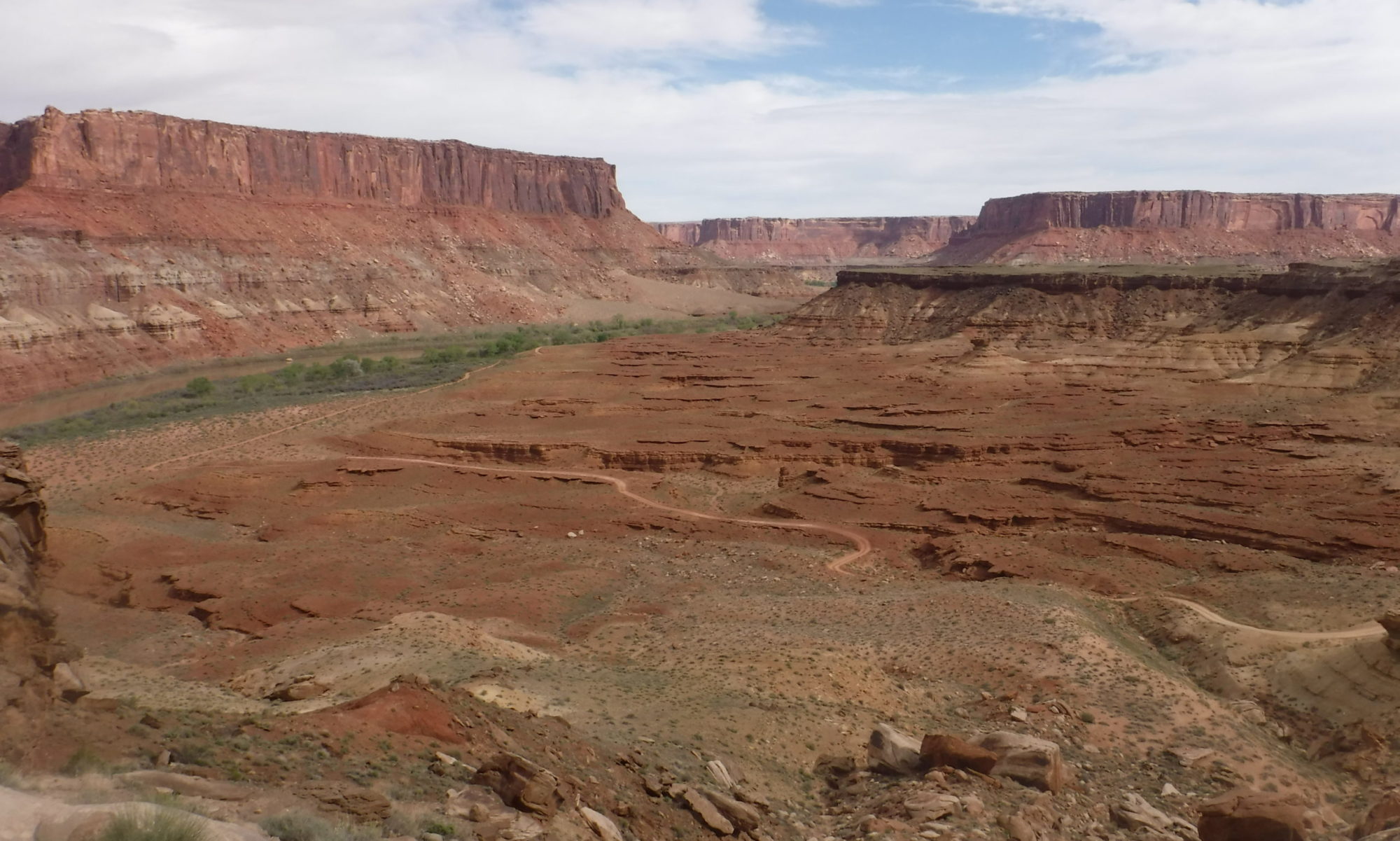
Image credit: Public Domain (Pexels)
Paper: Soil organic carbon loss decreases biodiversity but stimulates multitrophic interactions that promote belowground metabolism.
Authors: Ye Li, Zengming Chen, Cameron Wagg, Michael J. Castellano, Nan Zhang, Weixin Ding.
Few issues are as pressing and relevant for the future of our own species as climate change. We may think first about glaciers and polar bears when we consider its devastating impacts. However, new research brings our attention to much smaller organisms, microbes, as major players in stabilizing soils and preventing agriculture from collapsing under global warming.
With increasing temperatures, food security for millions of people will be challenged as wide expanses of culturable land become unavailable for crop production. A more indirect consequence is the faster biological consumption of the carbon stored in the soils. Since this pool of carbon is fundamental for the proliferation of bacteria, fungi, and other organisms that benefit plants, its reduction would affect the preservation of ecosystems and crop yields. A recent study by Li and collaborators from the Chinese Academy of Sciences sheds light on the biological impact of a decrease in soil carbon. Their study found that although the diversity of the soil communities dwindles, which reduces the partnerships that plants can establish with beneficial soil microbes, the network of associations between the surviving organisms expands and strengthens, thus buffering crops from significant declines.
The chemical reactions utilized by organisms to respire and process food and nutrients accelerate with increasing temperatures. The implication for soils is that organic carbon, or the carbon stored in molecules that organisms can degrade, will deplete in soils as the planet warms. Li et al. examined agricultural soils from northeast China with a range of organic carbon contents to determine how soil organic carbon depletion might alter the soil communities themselves. Their approach allowed them to establish the diversity of organisms and the molecules involved in the degradation of carbon and other nutrients in the soils.
The authors had predicted that with less organic carbon in the soil, both the biological diversity and the interactions between organisms would decline. The diversity of the organisms did decrease, possibly because with less carbon smaller populations can be sustained, but the diversity reduction was not homogeneous. Fungal diversity was the most impacted by low soil organic carbon, likely due to the high specialization in this group. Fungi tend to rely more on specific carbon molecules, which makes them vulnerable when those become unavailable. When the soil organic carbon content decreases, macroaggregates—bundles of soil particles—become fragmented, impacting the continuity of habitats of fungi and protists. Smaller and simpler organisms, like bacteria, are more adaptable because they tend to be generalists, with the flexibility to process different molecules, and the capability to transfer the capacity of degrading nutrients to other cells within their communities.
Contrary to their expectations, the authors found that interactions between organisms increased despite the decline in biological diversity. Under a low soil carbon content, bacteria increase their associations due to a niche overlap enhanced by their ability to consume different carbon sources. As these bacteria generate waste products and are themselves food sources for organisms higher in the food chain, so-called multitrophic relationships—such as those between bacteria and fungi, and fungi and protists—become stronger, producing an increase in the multitrophic network complexity. A fascinating consequence of a decrease in the soil organic carbon content is that, despite many organisms going extinct locally, those that survive promote a more interconnected ecosystem through enhanced predator-prey interactions. Another consequence of these expanded networks is an increase in the production of molecules capable of degrading a wide array of compounds, which fosters the exchange of nutrients between different members of the community. The decrease in soil organic carbon thus has the indirect effect of further facilitating the removal of soil carbon through an intensification of the decomposing activities of the soil biota.
A warmer climate will decrease the stocks of soil organic carbon, promoting biodiversity loss and accelerating the removal of the remaining carbon. The study by Li et al. highlights important consequences of loss of soil organic carbon, such as a reduction in specialized degrading functions in the soil ecosystem and the disruption in the continuity of microbial habitats. A noteworthy conclusion from this study is that, despite the negative biological impacts of a loss of soil organic carbon, crop yields might not be severely impaired, because the loss in biodiversity would be offset by increased stability of the soil communities and a strengthening in multitrophic networks. Despite a potential lack of impact on crop yields, loss of soil carbon can have other important consequences. Soils may shift from sequestering to emitting carbon, thus amplifying global warming. Mitigating climate change impacts requires preserving as much soil organic carbon as possible through strategies such as the incorporation of crop residues in soils, which diversifies the easily digestible sources of carbon available to soil microbes, allowing the preservation of slow-cycling organic carbon.
Impacts of global warming on soil carbon storage, biodiversity, and crop yields by Daniela Osorio Rodriguez is licensed under a Creative Commons Attribution 4.0 International License.
